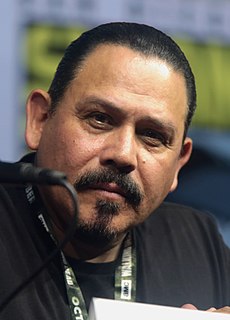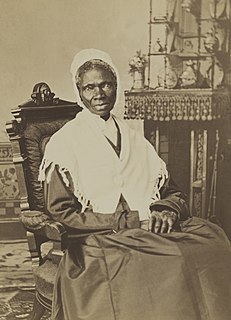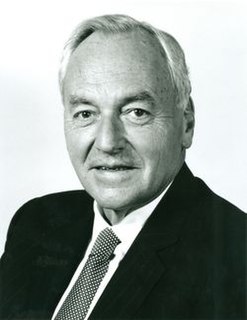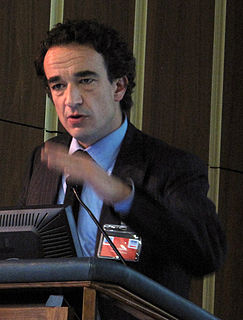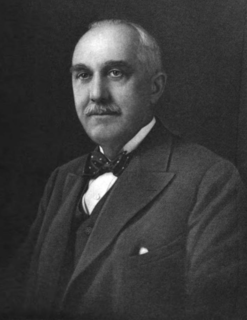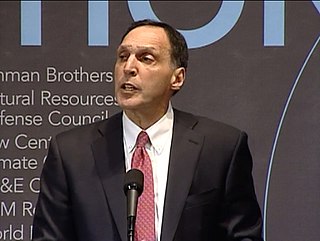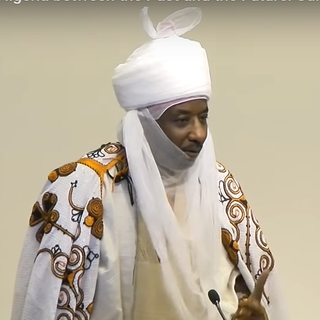A Quote by Christine Jennings
The secular utopians basically said the exact same thing, they just took the Bible out of the equation. The religious and the secular groups recognized each other as fellow travellers. They exchanged newsletters and asked each other questions like, "What's a good soup pot to use if you're making dinner for 800 people?" They had these practical connections.
Related Quotes
In contemporary society secular humanism has been singled out by critics and proponents alike as a position sharply distinguishable from any religious formulation. Religious fundamentalists in the United States have waged a campaign against secular humanism, claiming that it is a rival "religion" and seeking to root it out from American public life. Secular humanism is avowedly non-religious. It is a eupraxsophy (good practical wisdom), which draws its basic principles and ethical values from science, ethics, and philosophy.
We are all healers of each other. Look at David Spiegel's fascinating study of putting people together in a support group and seeking that some people in it live twice as long as other people who are not in a support group. I asked David what went on in those groups and he said that people just cared about each other. Nothing big, no deep psychological stuff-people just cared about each other. The reality is that healing happens between people.
Back in the old days, when I was a child, we sat around the family table at dinner time and exchanged our daily experiences. It wasn't very organized, but everyone was recognized and all the news that had to be told was told by each family member. We listened to each other and the interest was not put on; it was real.
......the interesting thing was that the Roman Catholic monks and the Buddhist monks had no trouble understanding each other. Each of them was seeking the same experience and knew that the experience was incommunicable. The communication is only an effort to bring the hearer to the edge of the abyss; it is a signpost, not the thing itself. But the secular clergy reads the communication and gets stuck with the letter, and that's where you have the conflict.
The coaches hate each other, the players hate each other... There's no calling each other after the game and inviting each other out to dinner. But the feeling's mutual: They don't like us, and we don't like them. There's no need to hide it, they know it, and we know it. It's going to be one of those black and blue games.
We need to employ a secular approach to ethics, secular in the Indian sense of respecting all religious traditions and even the views of non-believers in an unbiased way. Secular ethics rooted in scientific findings, common experience and common sense can easily be introduced into the secular education system. If we can do that there is a real prospect of making this 21st century an era of peace and compassion.
In reality the world is made of thousands of groups of about five hundred people, all of whom will spend their lives bumping into each other, trying to avoid each other, and discovering each other in the same unlikely teashop in Vancouver. There is an unavoidability to this process. It's not even coincidence. It's just the way the world works, with no regard for individuals or propriety.
It’s the great temptation for small groups of people to slide into a state where they’re not quite telling each other the truth and they’re not quite celebrating each other. Instead, they tolerate each other, they accommodate each other, and they settle for sitting on the unspoken matters that separate them.
We need each other to do things that we can't do for ourselves. If we are intimately connected with each other, we just give things to each other; if we don't know each other we find another way to handle it. If you think about it, each according to his or her abilities and each according to his or her needs is sort of the same thing as supply and demand.
Let ... individuals make the most of what God has given them, have their neighbors do the same, and then do all they can to serve each other. There is no use in one man, or one nation, to try to do or be everything. It is a good thing to be dependent on each other for something, it makes us civil and peaceable.












